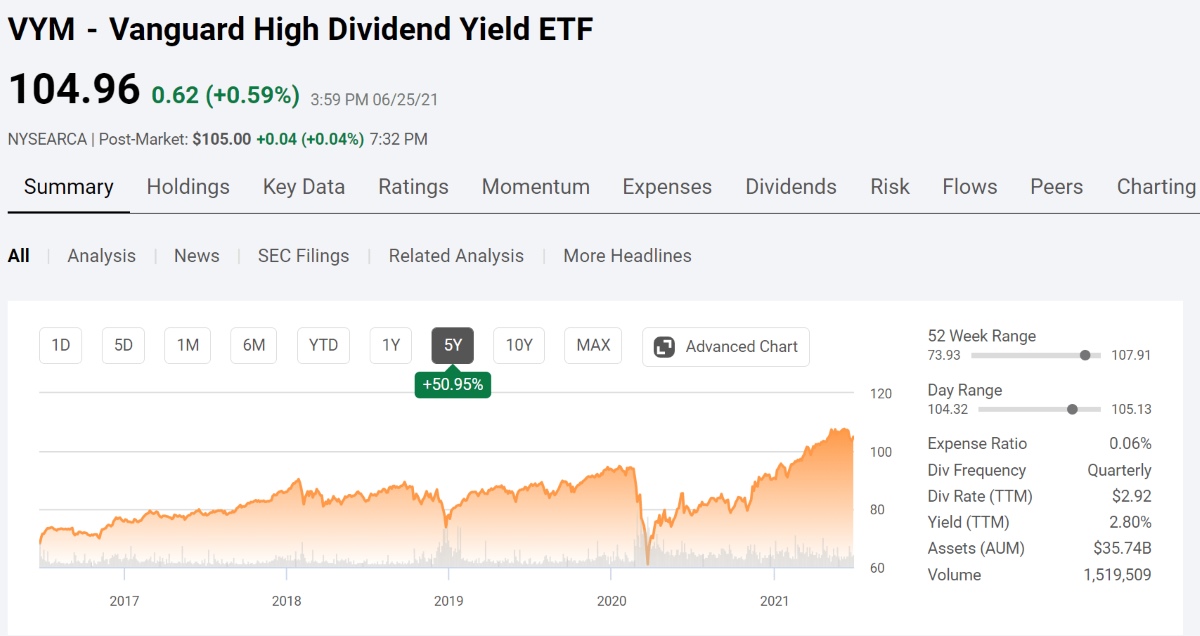Home>Finance>Net Operating Income (NOI): Definition, Calculation, Components, And Example


Finance
Net Operating Income (NOI): Definition, Calculation, Components, And Example
Published: December 30, 2023
Learn about Net Operating Income (NOI) in finance. Understand its definition, calculation, components, and explore an example to grasp its significance.
(Many of the links in this article redirect to a specific reviewed product. Your purchase of these products through affiliate links helps to generate commission for LiveWell, at no extra cost. Learn more)
What is Net Operating Income (NOI)?
Net Operating Income (NOI) is a financial metric that is used in real estate investment to determine the profitability of an income-generating property. It measures the income generated by the property after deducting all operating expenses, but before the deduction of non-operating expenses such as income taxes and interest payments.
Key Takeaways:
- Net Operating Income (NOI) is a financial metric used in real estate investment to measure the profitability of an income-generating property.
- NOI is calculated by subtracting all operating expenses from the total income generated by the property.
How to Calculate Net Operating Income (NOI)
The formula to calculate Net Operating Income (NOI) is:
NOI = Total Income – Operating Expenses
Let’s break this formula down:
Total Income
Total income refers to all of the income generated by the property. This includes rental income, parking fees, laundry revenue, and any other sources of income associated with the property.
Operating Expenses
Operating expenses are the costs associated with running and maintaining the property. These expenses include property taxes, insurance, utilities, repairs and maintenance, property management fees, and any other expenses directly related to the operation of the property.
By subtracting the operating expenses from the total income, we arrive at the Net Operating Income (NOI), which represents the property’s profitability before taking into account any non-operating expenses or financial obligations.
Components of Net Operating Income (NOI)
Net Operating Income (NOI) is composed of two main components:
- Income Component: This includes the rental income from the property as well as any other sources of income generated by the property, such as parking fees or revenue from laundry facilities.
- Expense Component: This includes all of the operating expenses associated with running and maintaining the property. These expenses can include property taxes, insurance, utilities, repairs and maintenance, and property management fees.
It is important to note that Net Operating Income (NOI) does not take into account non-operating expenses such as income taxes, interest payments, or debt service. It also does not consider any potential financing costs or capital expenditures.
Example of Net Operating Income (NOI) Calculation
Let’s say we have a commercial property that generates a total income of $100,000 per year and has operating expenses of $30,000 per year. To calculate the Net Operating Income (NOI) for this property, we would use the following formula:
NOI = $100,000 – $30,000
Using the formula, we can calculate:
NOI = $70,000
Therefore, the Net Operating Income (NOI) for this commercial property is $70,000 per year.
Net Operating Income (NOI) is a valuable metric for real estate investors as it provides a clear understanding of the property’s profitability. Investors can use NOI to compare different properties, assess the financial performance of their investments, and make informed decisions when buying or selling real estate.
Remember, the formula to calculate Net Operating Income (NOI) is:
NOI = Total Income – Operating Expenses
By understanding and tracking Net Operating Income (NOI), investors can make smarter investment decisions and achieve greater financial success in the world of real estate investment.














